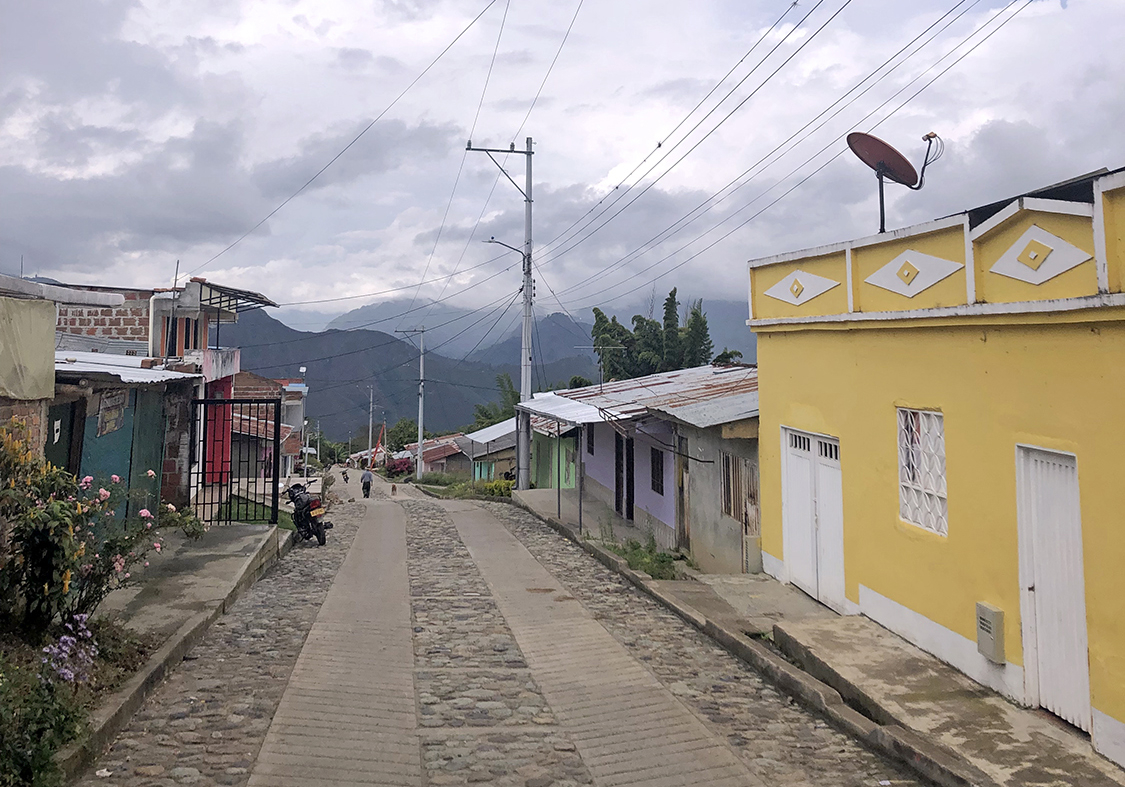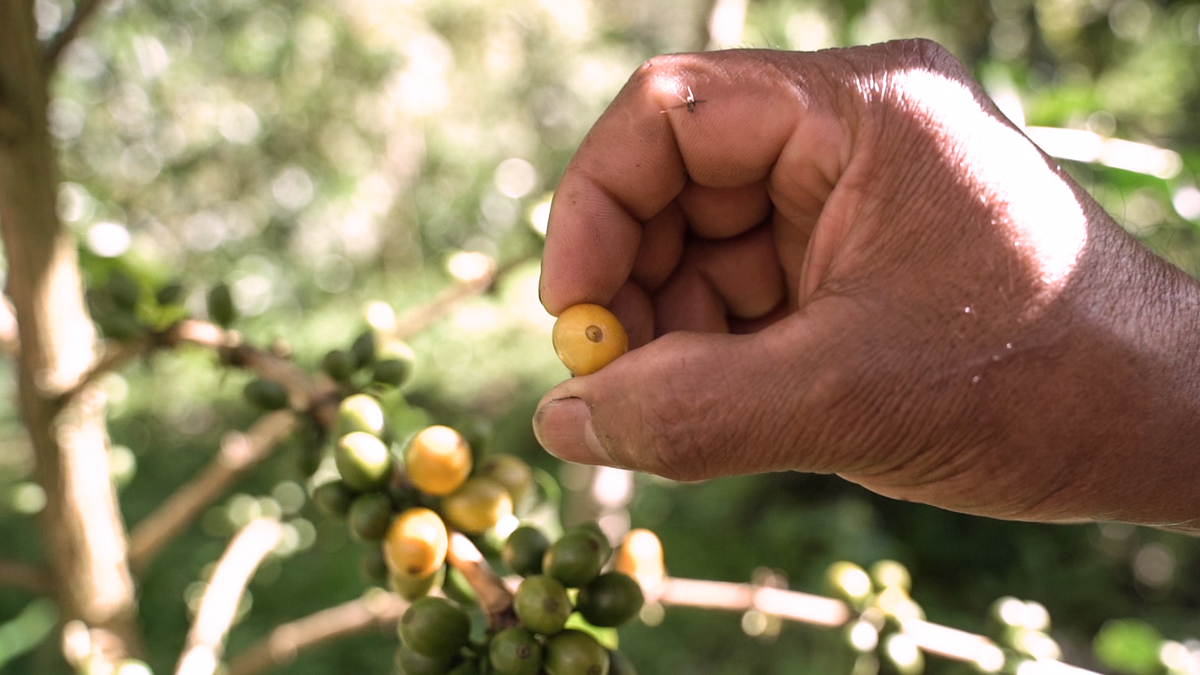











Colombia
Cup Notes: Prune, Lime, Cacao Nib, Panela
Bright and harmonious, Suukala captures the joyful character of Colombia’s highlands — a coffee that feels both vibrant and comforting.
Suggested for espresso and filter
when we roast
We freshly roast to order all coffees on Monday, Wednesday and Friday (excluding national holidays), and ship the same day! Cut-off time is 11:59pm (UTC+1) of the day before the roast day. *We only ship whole beans*
‘Suukala’ means “sugary to taste” — a name that perfectly captures the character of this coffee. These exceptional lots come from skilled growers who devote special care to each harvest, demonstrating patience, passion, and remarkable attention to detail. The result is a cup that reflects both their craft and the sweetness suggested by its name.
Asorcafe was founded on 11 July 2003 in the town of Pedregal, Inzá, and today brings together around 290 members. The association was created to support local producers in organising their work around specialty coffee, offering education and resources to improve not only coffee quality but also the economic and social wellbeing of their families and communities.
These smallholder producers cultivate coffee on plots averaging 1.8–2 hectares, at altitudes reaching 2100 m.a.s.l. Their farms host a rich mix of varieties including Caturra, Typica, Bourbon, Tabi, Castillo, and Pink Bourbon.

COLOMBIA was developed by Cenicafé and released in 1982 as an F5 composite derived from the Catimor HdT × Caturra cross. The project aimed to unite Caturra’s vibrant cup character with the resilience of the Timor Hybrid, producing a variety that could thrive across Colombia’s diverse growing regions.
Its release marked a milestone for Colombian coffee research, offering a balanced profile of productivity, resistance, and cup quality that would later inspire the creation of Castillo.
CASTILLO was named after researcher Jaime Castillo, who led its development at Cenicafé. Released in 2005 as an evolution of the Colombia variety, Castillo was bred to improve resistance to coffee leaf rust (roya) while maintaining desirable flavour attributes.
Compact and robust, it allows for denser planting and stable yields even under challenging conditions. Today, Castillo is the most widely cultivated variety in Colombia—representing the ongoing pursuit of quality and resilience that began with Caturra.
CATURRA is a natural mutation of Bourbon, discovered in Minas Gerais, Brazil, between 1915 and 1918. A single-gene mutation for compact growth gave rise to its name, derived from the Guarani word “small.”
First studied by the Instituto Agronômico (IAC) of São Paulo in 1937, Caturra soon attracted attention for its short stature and dense branching, which allowed closer planting and higher yields. Through mass selection, generations of the most productive plants were refined over time.
Never officially released in Brazil, Caturra spread across Central America in the mid-20th century and became a regional benchmark for both yield and cup quality. In Colombia, it accounted for nearly half of the country’s coffee production until the arrival of rust-resistant hybrids such as Castillo—its genetic descendant. Caturra also served as a parent in the creation of the Catimor group, merging its compact form with the disease resistance of the Timor Hybrid.

The coffees are traditionally fully washed. After harvesting, the cherries are pulped and left to ferment for 20 to 40 hours, depending on local conditions, allowing the mucilage to naturally break down and develop delicate sweetness. Once fermentation is complete, the coffee is washed to remove any remaining mucilage and unripe beans, then dried for 8 to 15 days in parabolic dryers, adapting to the weather. This careful approach ensures consistency and clarity in the final cup.
Before export, each lot is carefully evaluated to ensure it meets strict quality standards in both cup profile and physical parameters, guaranteeing transparency and traceability from farm to cup.